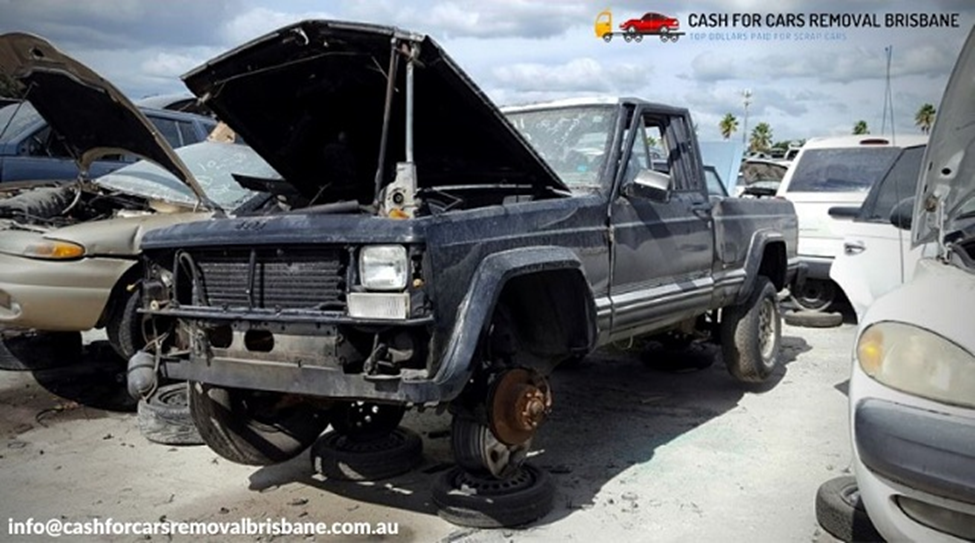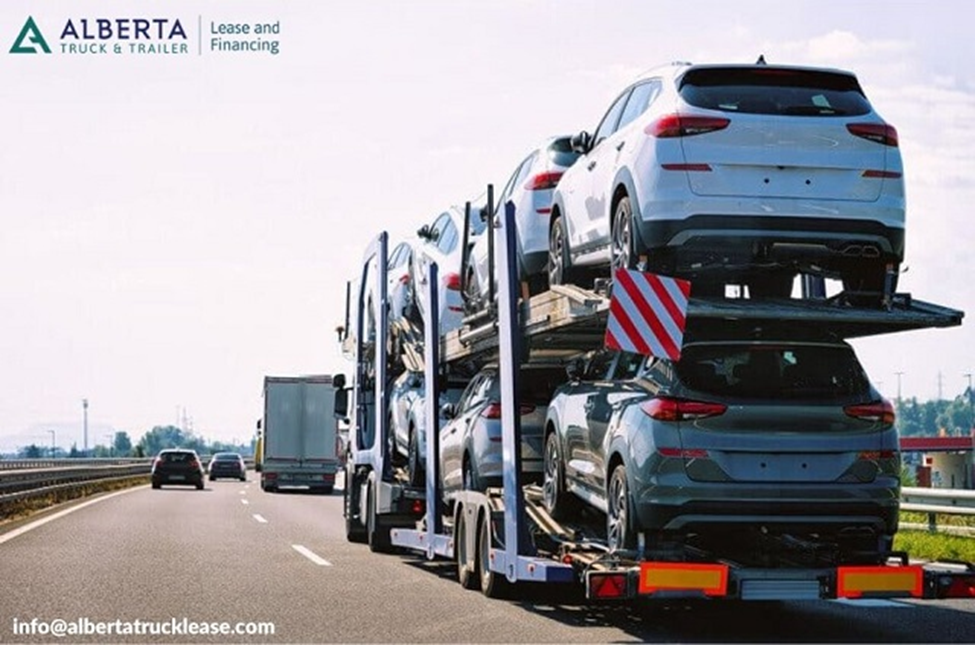All of us who don’t own a car with the right insurance for it will dread seeing our vehicle damaged. Adding to the inconvenience will be the situation of being without personal transport, especially in the current environment, where we are increasingly dependent on our vehicles.
So, it becomes crucial to invest in insurance for ensuring that we can get our cars repaired and return to working condition seamlessly, without burning a hole in our pocket. But don’t jump at the first policy, get car insurance quotes to save you money and get the best policy along the way.
Types of Motor insurance
There are two types of motor insurance offered by the insurer:
Liability-only
The first one is a liability-only policy. The government has made it compulsory for all vehicle-owners to possess this policy. It provides coverage against the legal liabilities arising from a third party’s injuries, death, or property damage.
Comprehensive car insurance
Comprehensive policies provide coverage for own-vehicle damage as well as for third-party liability. They also cover damages caused due to manmade tragedies such as thefts, riots, malicious activities, and vandalism. In addition, it also covers damages caused by natural disasters such as earthquakes, floods, landslides, and storms. As third-party insurance is compulsory in India, it is a wise option to opt for comprehensive car insurance. It offers adequate coverage and can help you not worry about being underinsured.
Let’s take an example. Say you park your car on the road and go to the mall. When you return after shopping, you notice that there is a dent in your vehicle. When you go to a mechanic to get the dent fixed, the cost of repairs turns out to be rather expensive. What may irk you more is the effort and time involved in fixing the dent, because of no fault of your own. The conclusion is that when you have comprehensive car insurance, you are safeguarded against such expensive costs.
Factors that you should consider before buying car insurance.
• Allowance
When your car is under repair, you can get an allowance from your insurer for hiring another mode to commute.
• Lost key replacement cover
You get coverage on your car key when it gets lost or stolen; you get a cover for lock replacement if your car gets broken into. *
• Return to invoice cover
There is a difference between ‘claim amount receivable’ and ‘purchase price of vehicle’ when it comes to the coverage of the losses arising due to any accident. This cover helps pay the amount equal to the purchase price of the vehicle.
• No claim bonus
You receive a no claim bonus (NCB) when you don’t file a claim during the policy tenure.
• Depreciation of reimbursement cover
This add-on feature helps you avoid any deduction in the form of depreciation on the cost of replaced parts. Rubber, glass, fibre parts, and plastic; you can get them repaired without affecting the NCB.
• Optional Add-On Coverage
You might have realized by now that when you think about how to get car insurance, there is a lot more than basic car insurance coverage to consider. Many drivers purchase more than the state minimum to ensure adequate coverage.
• Roadside assistance:
This optional coverage gives you peace of mind if something should malfunction while driving. Typical services include towing, lockout services, jump-starts, flat tire changes, and gas delivery.
• Gap insurance
If you finance or lease a vehicle, you will want to look into guaranteed asset protection coverage. Because collision and comprehensive insurance only cover your vehicle at market value, it may not be enough to pay off the car loan if your car is totalled. However, gap insurance pays the difference, so you don’t owe the creditor anything after a complete loss.*
* Standard T&C Apply
Compare the quotes from reputable car insurance providers.
Whether you’re buying car insurance for the first time or looking to switch from your current car insurance company, it’s a good idea to get quotes from multiple insurance providers. This can help you compare coverage and rates.





